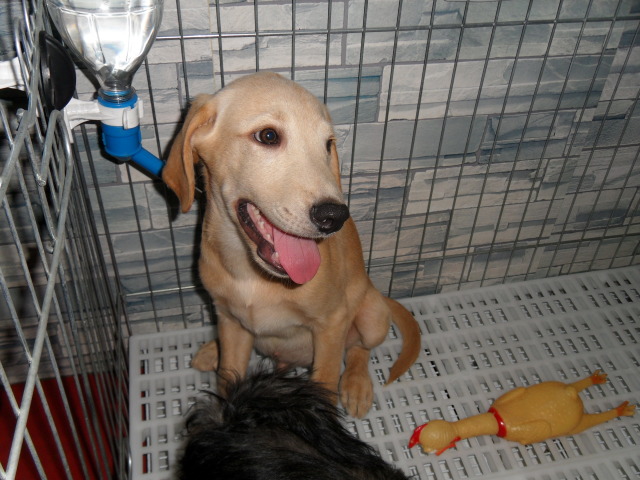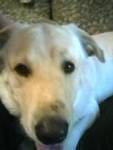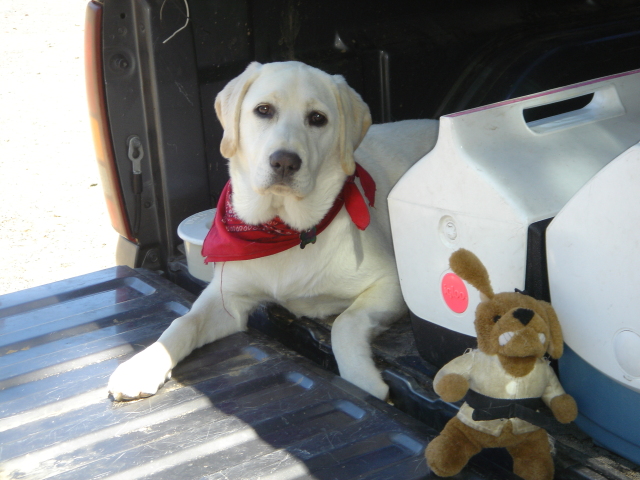QuestionMale intact/ 8 mo I was reading a question asked, and you said you should take a 4.5 month old puppy of puppy food, why is that? My vet suggests that I leave my large breed puppy on puppy food.
Answer''why is that?'' Does your vet have thousands of hip X-rays of dogs after a year old, virtually all OFA good or better? The vet staff at the dog guide school I raise puppies for does. My local vet has a pretty good collection of his own X-rays himself. They are not so good, dogs coming in from all over the country needing surgery for bad hips. He says 4 months is 4 months too late to start adult chow. I think when you have a program that breeds hundreds of Labs, Goldens, and Shepherds a year almost free of hip dysplasia, what they are doing deserves a close look.
Puppy chow is a part of the highly successful animal feed industry in America. We know how to put meat on the table. However, puppies' joints can keep up to the rapid growth puppy chow produces. If you want fast growth, feed puppy chow. If you want a dog with the joints to still be able to walk miles on pavement at 12 years old, maybe feeding adult chow and giving the joints more time to develop is a better idea. I think most pet owners' goals are closer to the dog guide school's than the chicken and hog farmers. And it isn't just one dog guide school. I have contacts with several schools, and they all do about the same.
I wish I had some good references for this. About all I have is Kealy, et al. "Effects of limited food consumption on the
incidence of hip dysplasia in growing dogs." JAVMA, v201, n6 Sept 15
1992.
Weight is a big factor too. From another schools newsletter:
''Obesity is the number one nutritional disease affecting dogs. It's estimated that 25-45% of dogs in the US are obese. Studies have shown that joint and locomotive problems increase by 57%, circulatory problems by 74%, respiratory problems by 52%, skin problems by 40% and cancer by 50% in animals that are overweight.
Large breed dogs that are overweight also are more prone to developing hip dysplasia. Obesity is especially dangerous for young puppies, as their underdeveloped frame cannot support the extra poundage that it must carry.''

 Is my dog a pure-bred lab?
Question
Sort of top view
Hi. I recently received
Is my dog a pure-bred lab?
Question
Sort of top view
Hi. I recently received
 sniffing female owner
Question
Jack
Hello, thank you so much for taking the t
sniffing female owner
Question
Jack
Hello, thank you so much for taking the t
 Diet
Question
Lucy and her toy
My yellow lab is about 1 year
Diet
Question
Lucy and her toy
My yellow lab is about 1 year
 Labrador behaviour
Question
Gordie
Name: Gordie
Age: 4 months
Sex: Male
N
Labrador behaviour
Question
Gordie
Name: Gordie
Age: 4 months
Sex: Male
N
 shedding, size, uncontrolled around other dogs
Question
Sawyer
My 13 month old black lab is shedding u
shedding, size, uncontrolled around other dogs
Question
Sawyer
My 13 month old black lab is shedding u